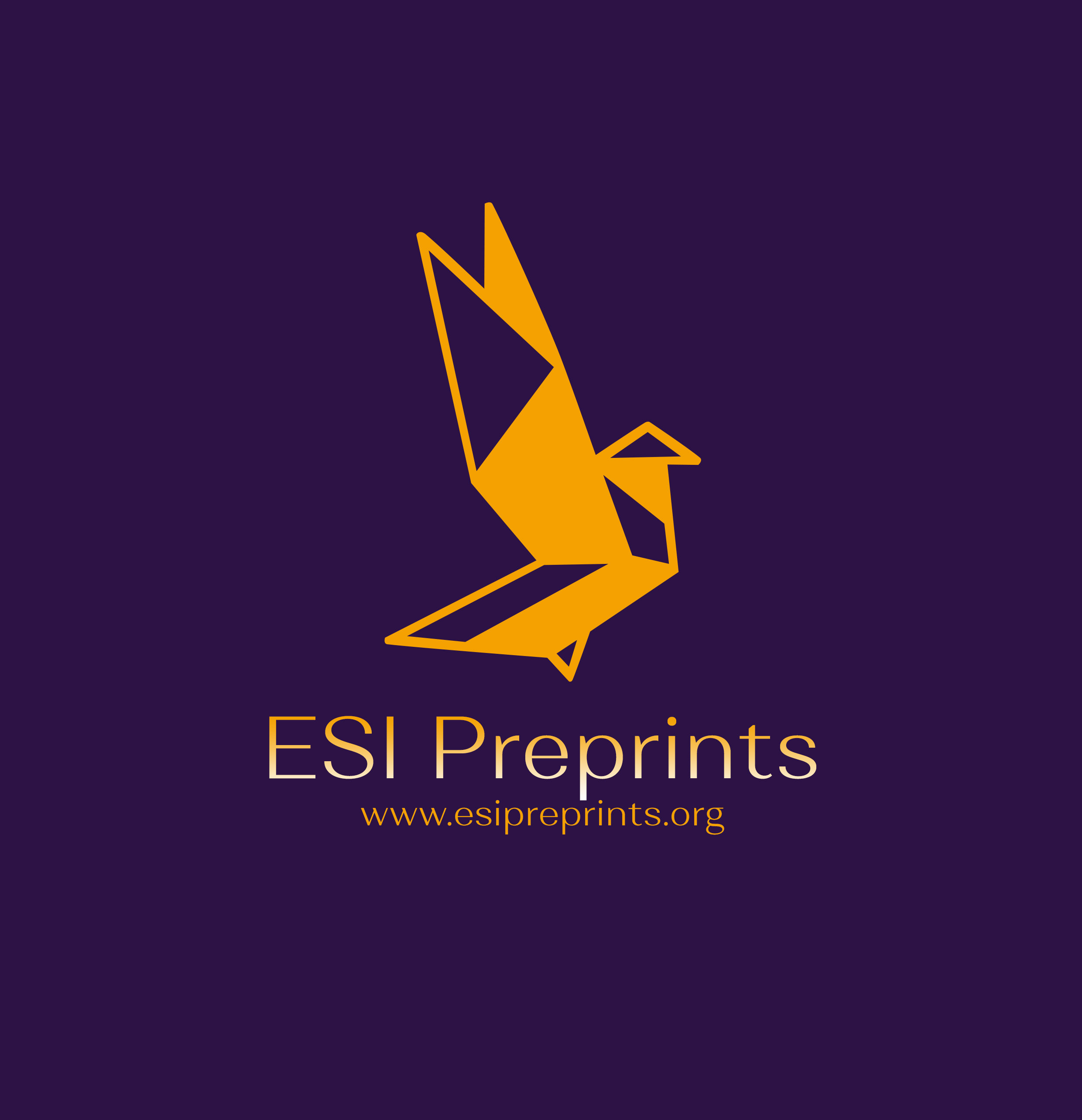Examining the Attitudes of Female EFL Learners at the College of Basic Education in Kuwait Towards Integrating the Project-Based Approach in EFL Courses
Abstract
Investigating learners’ attitudes is highly relevant to the improvement of teaching strategies and educational outcomes. The current study attempts to examine the attitudes of female EFL learners in the College of Basic Education in Kuwait toward the integration of project-based learning (PBL) in their English courses. The data was collected quantitatively using a questionnaire designed for the purpose of the study. The participants completed the questionnaire after experiencing PBL for about two months in their compulsory general English courses. The results revealed clear positive attitudes of these learners toward this student-centred method. The participants of the study have reported improvements in their English language skills, self-confidence, motivation, collaborative skills, and planning. These results can be used to improve the quality of English teaching in Kuwait and encourage the integration of PBL in all English classes in Kuwait’s public educational institutions. It is hoped that by encouraging the adoption of these modern strategies, Kuwait can enhance the 21st-century skills among the graduates of its institutions and prepare them to be active and productive in their future careers.
Downloads
References
2. Aifan, H. (2022). Implementing a project-based collaborative learning approach using PowerPoint to improve students’ 21st-century skills. E-Learning and Digital Media, 19(3), 258–273.
3. Al-Hammad, F., Alduaiji, A., Alsanea, N., & Alahmad, F. (2024). The 21st-century skills: How to acquire them and why they are important to Kuwait Vision 2035. African Journal of Biomedical Research, 27(3), 742–753.
4. Al-Nouri, R. M. (2019). Why are Kuwaiti students weak in the English language? Multi-Knowledge Electronic Comprehensive Journal for Education and Science Publications (MECSJ), (26). https://mecsj.com/uplode/images/photo/A_Learners_19.pdf
5. Alnwaiem, A. F., Alazemi, A. M., & Alenezi, A. A. (2021). Kuwaiti instructors’ beliefs about English language teaching and their awareness of global English. English Language Teaching, 14(4), 78–93.
6. Al Rubaie, R. (2010). Future teachers, future perspectives: The story of English in Kuwait (Doctoral dissertation). The University of Exeter, UK.
7. Alsafran, E., Al Ajmi, F., & Al Azmi, D. (2020). English language in Kuwait’s educational systems. Language Teaching Research Quarterly, 18, 53–69.
8. Assaf, H. (2023). A Comprehensive Exploration of Challenges That English as Foreign Language Learners In Kuwait Encounter and Suggestions for Enhancement. Asia e University, Asia E University, 2023, pp. 1-69
9. Boardman, A. G., Polman, J. L., Scornavacco, K., Potvin, A. S., Garcia, A., Dalton, B., Stamatis, K., Guggenheim, A., & Alzen, J. L. (2024). Examining Enactments of Project-based Learning in Secondary English Language Arts. AERA Open, 10. https://doi.org/10.1177/23328584241269829
10. Dash, N. S., & Arulmozi, S. D. S. (2023). Revisiting the concept of “questionnaire” used in linguistic field survey. Indian Journal of Applied Linguistics, 49(1–2), 7–39.
11. Dörnyei, Z. (2007). Research methods in applied linguistics. Oxford University Press.
12. Gratchev, I. (2023). Replacing Exams with Project-Based Assessment: Analysis of Students’ Performance and Experience. Education Sciences, 13(4), 408. https://doi.org/10.3390/educsci13040408
13. Kavlu, A. (2015). The effect of project-based learning on undergraduate EFL students’ reading comprehension ability. Journal of Education in Black Sea Region, 1(1). https://jebs.ibsu.edu.ge/jms/index.php/jebs/article/view/8/6
14. Latchanna, G., & Dagnew, A. (2009). Attitude of teachers towards the use of active learning methods. E-journal of All India Association for Educational Research, 21(1). https://www.researchgate.net/publication/237759651
15. Maros, M., Korenkova, M., Fila, M., Levicky, M., & Schoberova, M. (2021). Project-based learning and its effectiveness: Evidence from Slovakia. Interactive Learning Environments, 31(7), 4147–4155. https://doi.org/10.1080/10494820.2021.1954036
16. MOE [Ministry of Education in Kuwait]. (2015). Kuwait national curriculum: A guide for effective teaching of English language in grade one. State of Kuwait.
17. MOE [Ministry of Education in Kuwait]. (2016). Kuwait national curriculum: Intermediate education, curriculum and standards for English language. State of Kuwait.
18. Naji, K. K., Al-Thani, H. H., Al-Ali, A. K. A., Ebead, U. A. A., & Du, X. (2020). Characteristics, benefits, challenges, and socio-cultural factors of implementing PBL in Qatar. In 8th International Research Symposium on Problem-Based Learning (IRSPBL) (pp. 148–156). Aalborg University.
19. Saad, A., & Almefleh, H. (2023). Exploring effective pedagogical approaches and strategies for TESOL education to enhance English language learning in Kuwait. International Journal of Linguistics, Literature and Translation, 6(8), 250–258. https://doi.org/10.32996/ijllt.2023.6.8.25
20. Thuan, P. D. (2018). Project-based learning: From theory to EFL classroom practice. In Proceedings of the 6th International OpenTESOL Conference (p. 327). Ho Chi Minh City, Vietnam: OpenTESOL. Retrieved from https://www.researchgate.net/
21. Thomas, J. W. (2000). A review of research on project-based learning. Retrieved from http://www.ri.net/middletown/mef/linksresources/documents/researchreviewPBL_070226.pdf
22. Tran, T. N. A., & Nguyen Ngoc, T. (2023). Mobile E-Portfolios on Google Sites: A Tool for Enhancing Project-Based Learning. International Journal of Interactive Mobile Technologies (iJIM), 17(11), pp. 15–33. https://doi.org/10.3991/ijim.v17i11.39673
23. Tran, T. Q. (2020). EFL students’ attitudes towards learner autonomy in English vocabulary learning. English Language Teaching Educational Journal, 3(2), 86–94.
24. Tryzna, M. M., & Al Sharoufi, H. (2017). English language education policy in Kuwait. Retrieved from https://www.researchgate.net/publication/312435745_English_Language_Education_Policy_in_Kuwait
25. Vo, V. V. (2017). Undergraduate students’ attitude towards learning English: A case study at Nong Lam University. VNU Journal of Science: Education Research, 33(4).
26. Wang, C., You, X., & Lu, J. (2023). Reading ability and challenges in a project-based academic report writing course: A test of the threshold hypothesis. Language Teaching Research. https://doi.org/10.1177/13621688231212118
27. Xie, Q. (2022). Applying problem-based approach in business English courses for China’s English majors. Sage Open. https://journals.sagepub.com/home/sgo
28. Yuliani, N. D., Najmiah, L., Hamdani, B., & Pratolo, B. W. (2023). EFL students’ attitude toward English language learning. Journey: Journal of English Language and Pedagogy, 6(1), 82–91.
29. Zhang, Y., & Aryadoust, V. (2022). A Systematic Review of the Validity of Questionnaires in Second Language Research. Education Sciences, 12(10), 723. https://doi.org/10.3390/educsci12100723
Copyright (c) 2024 Aishah Sami Alobaidan

This work is licensed under a Creative Commons Attribution 4.0 International License.








